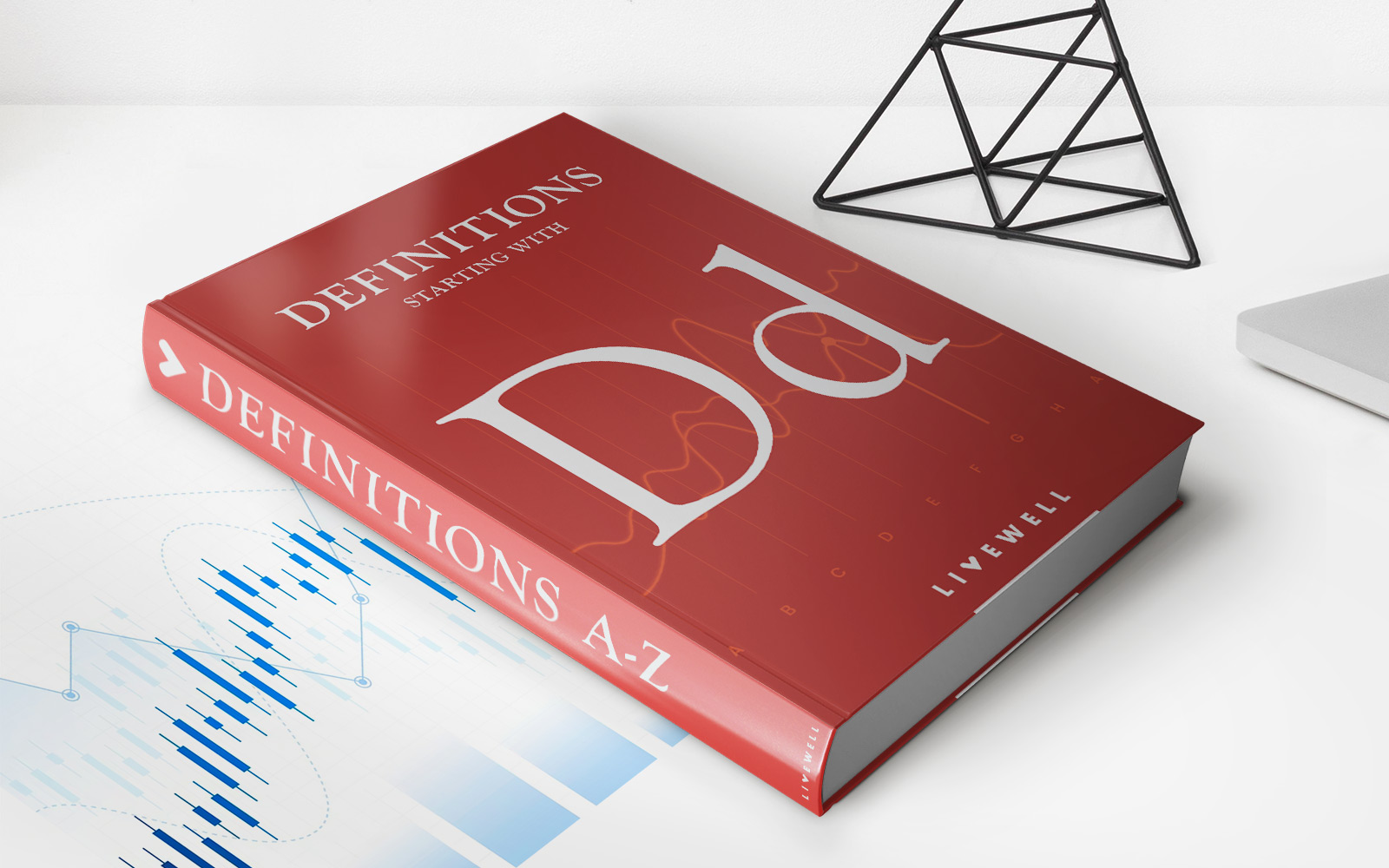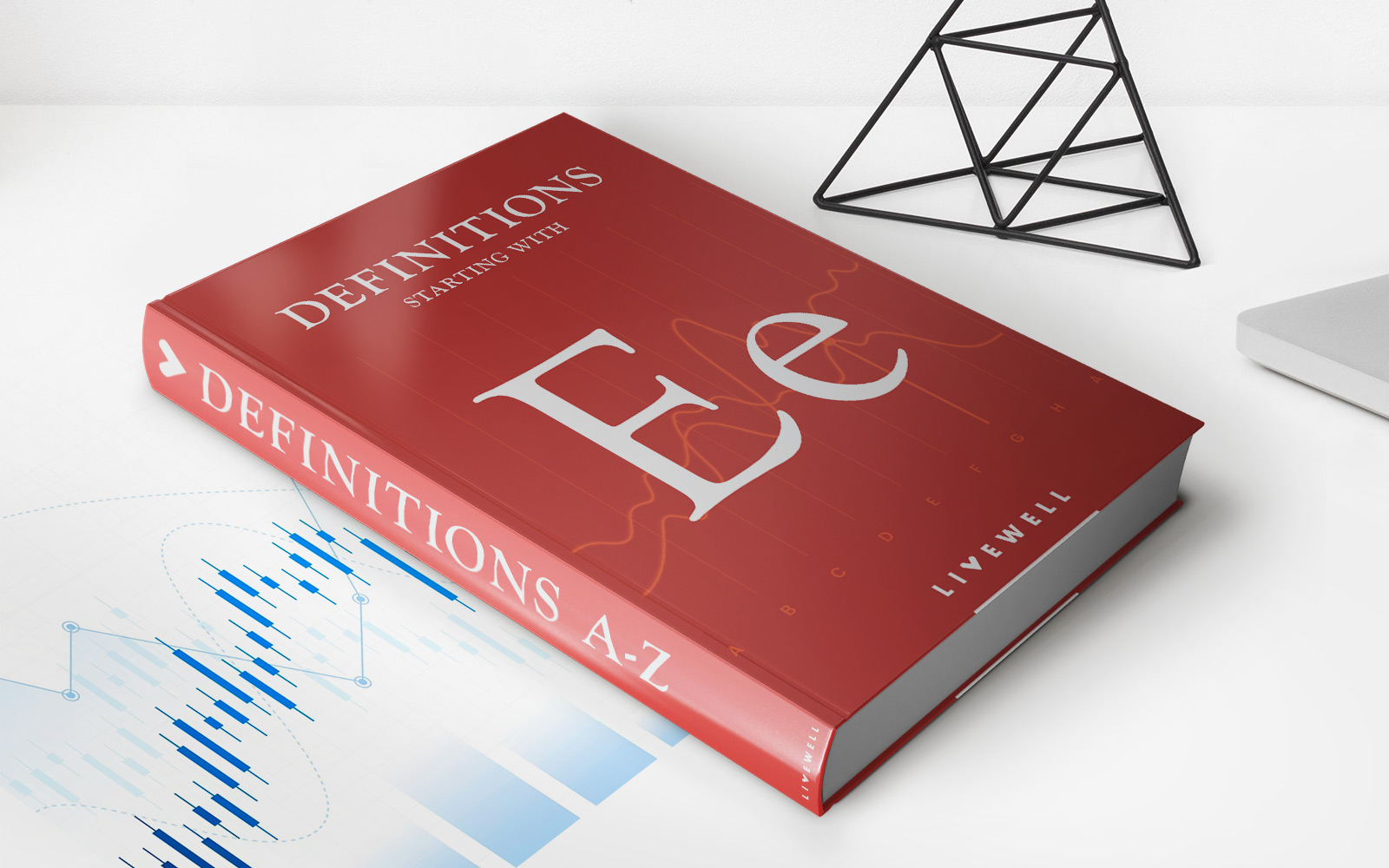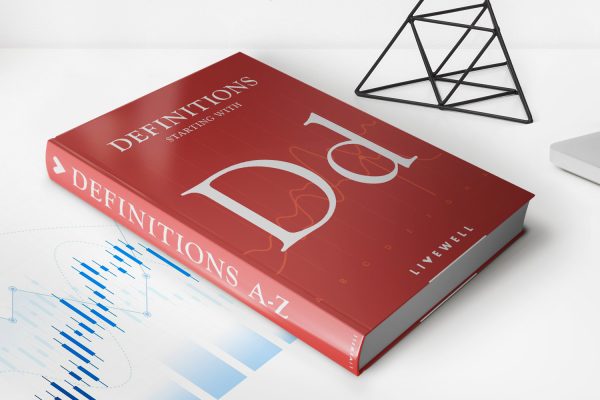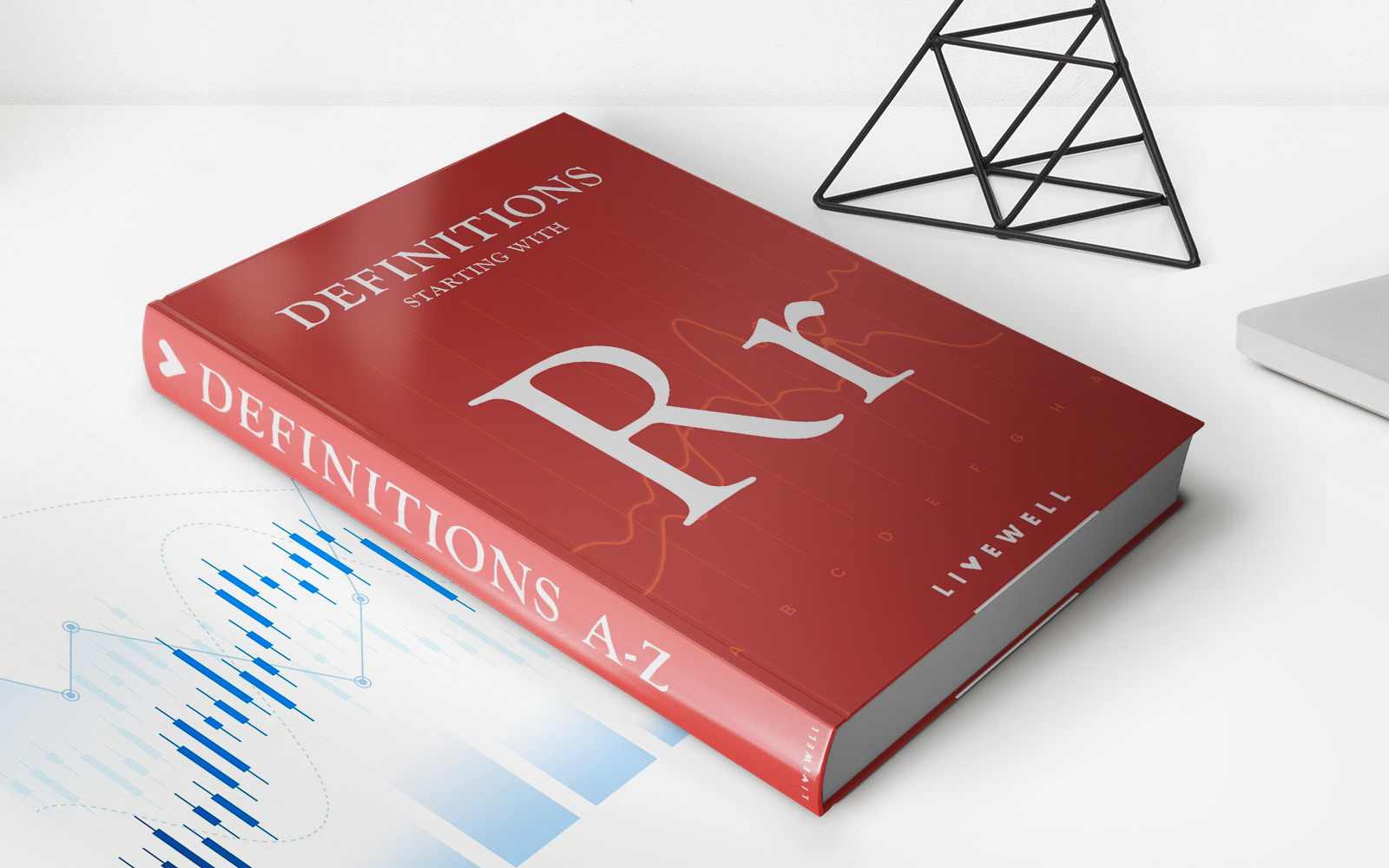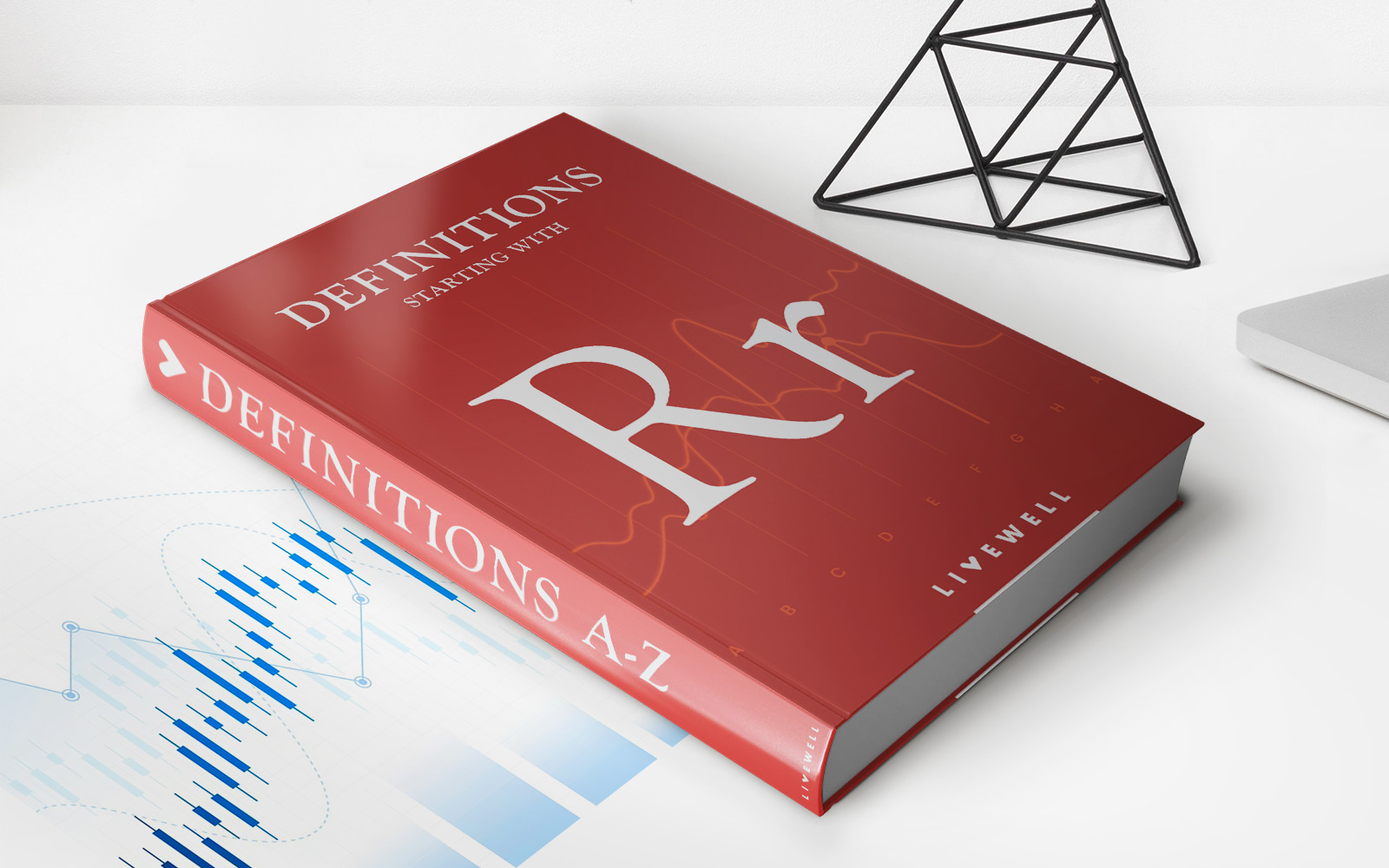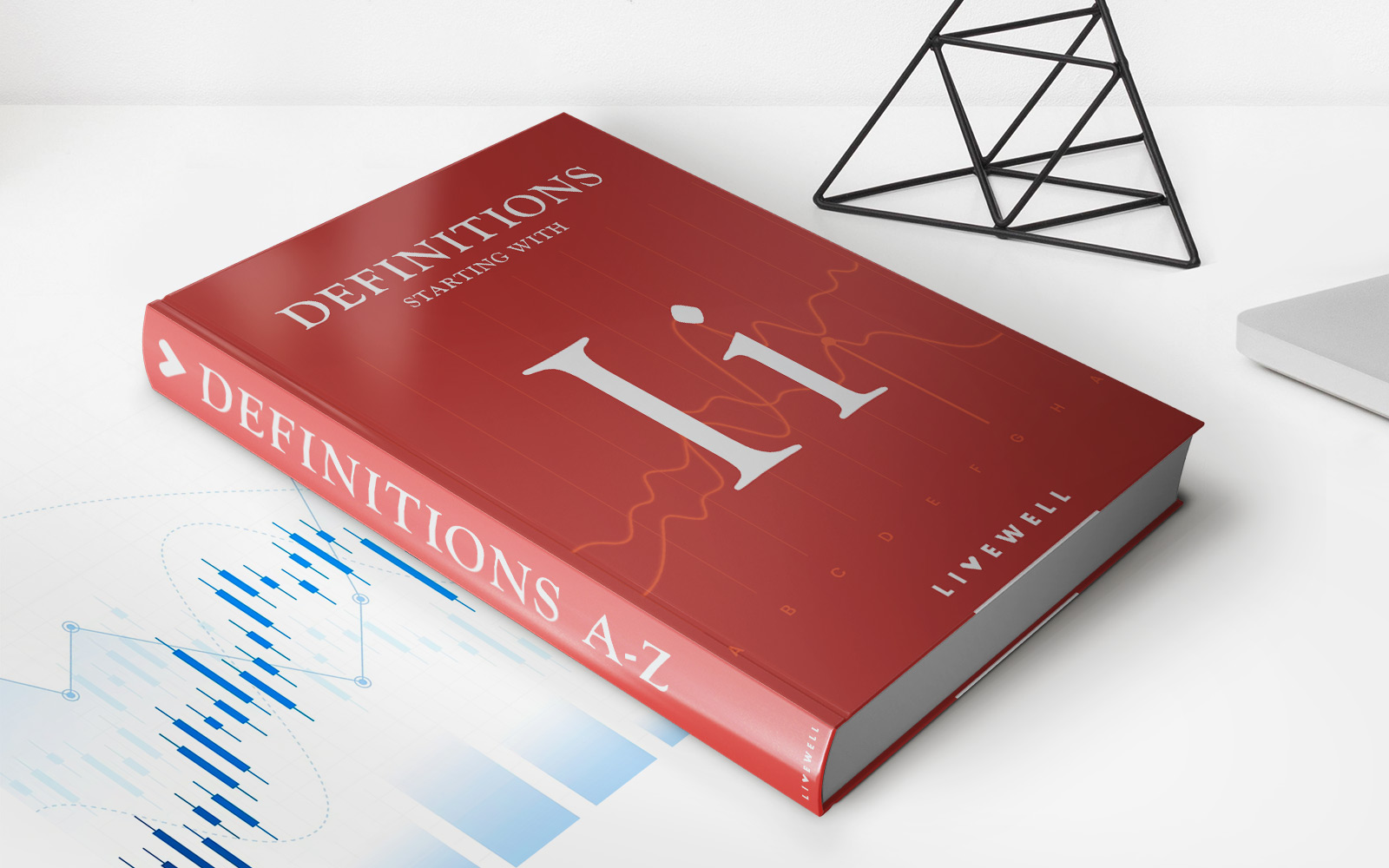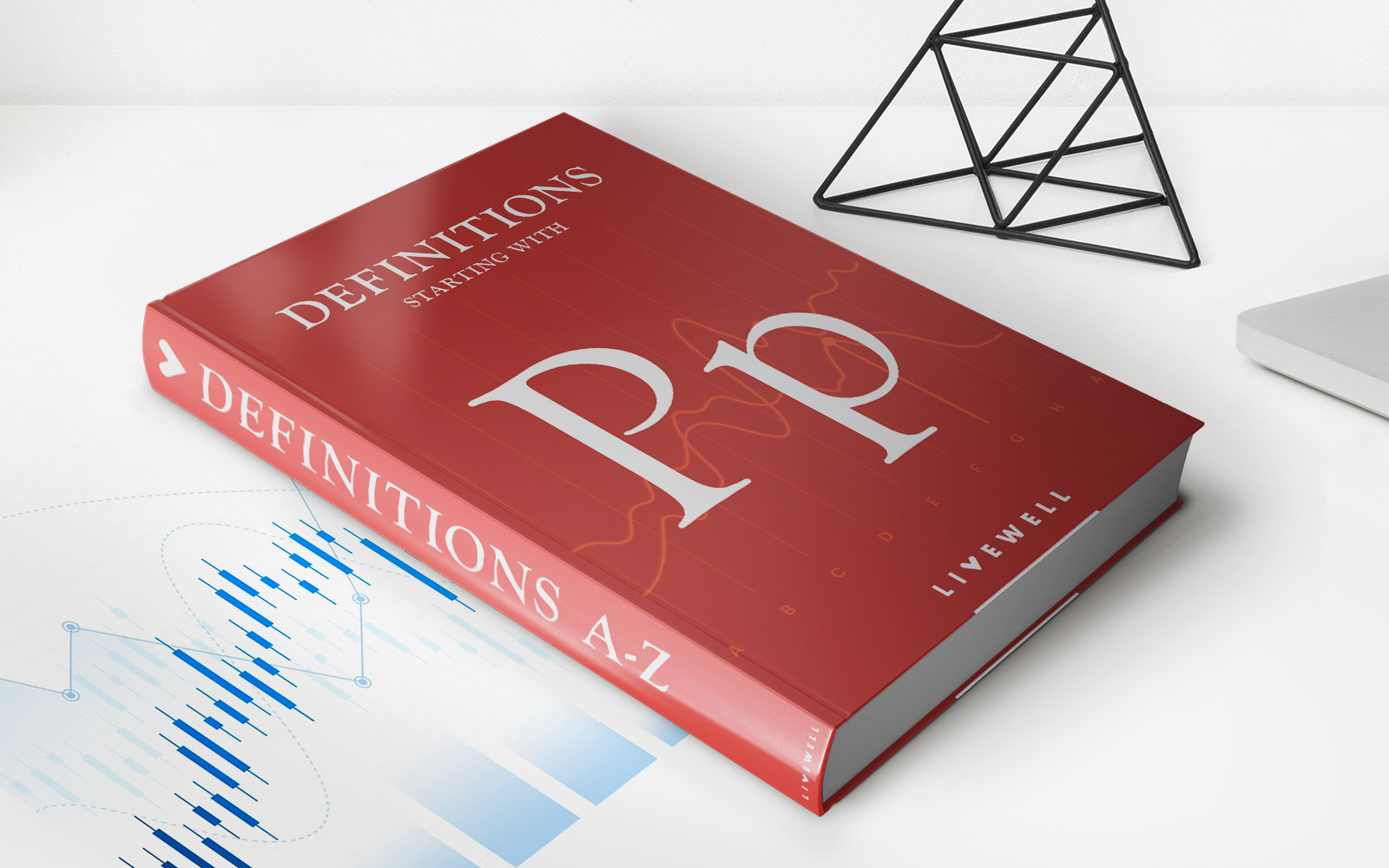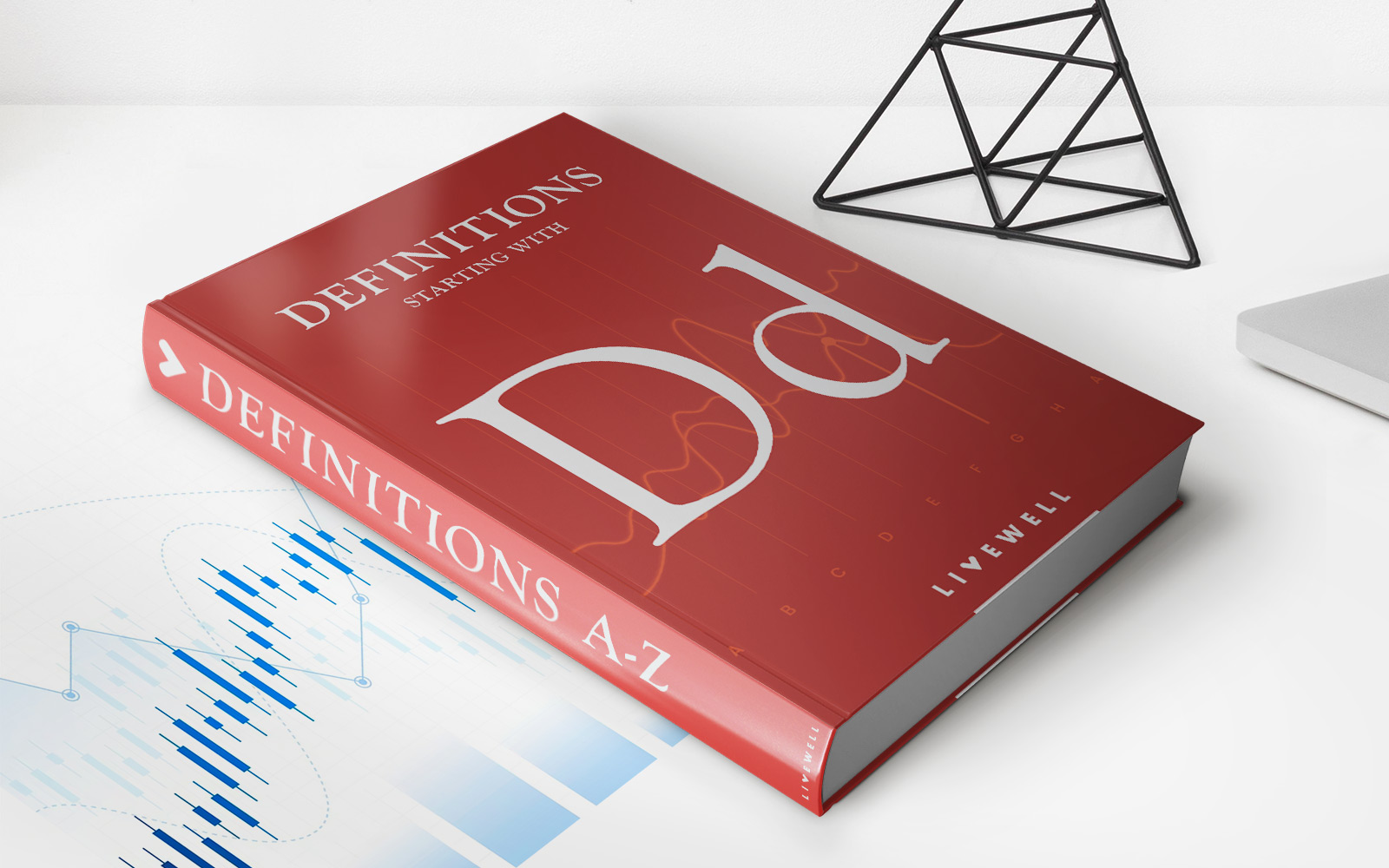

Finance
Deposit Insurance Fund – DIF Definition
Published: November 10, 2023
Learn about the Deposit Insurance Fund (DIF) in the finance sector. Understand its definition and importance in safeguarding your financial investments.
(Many of the links in this article redirect to a specific reviewed product. Your purchase of these products through affiliate links helps to generate commission for LiveWell, at no extra cost. Learn more)
Understanding the Deposit Insurance Fund (DIF) Definition
When it comes to preserving our hard-earned money, it’s important to be aware of the safety measures in place to protect our deposits. This is where the Deposit Insurance Fund (DIF) comes into play. In this blog post, we will explore the DIF definition, how it works, and why it’s crucial for individuals to understand.
Key Takeaways:
- The Deposit Insurance Fund (DIF) is a government-backed program designed to protect depositors in case of bank failures.
- The DIF provides insurance coverage for eligible deposits up to a certain limit, giving peace of mind to depositors.
So, what exactly is the Deposit Insurance Fund (DIF)? Put simply, it is a mechanism created by the government to provide deposit insurance coverage to individuals in case a bank or financial institution fails. This fund is managed by a regulator, typically a central bank or a specific agency responsible for safeguarding the stability of the financial system. In the United States, for example, the Federal Deposit Insurance Corporation (FDIC) administers the DIF.
The DIF acts as a safety net for depositors by guaranteeing a certain level of protection for their deposits. In the event of a bank failure, eligible deposits up to a specified limit are insured by the DIF, ensuring that depositors can recover their funds. This helps prevent a complete loss of savings and promotes confidence in the banking system.
It’s important to note that the amount of insurance coverage provided by the DIF can vary from country to country. In the United States, for instance, the FDIC generally insures deposits up to $250,000 per depositor, per insured bank. This means that if you have deposits in multiple banks or financial institutions, each account may be separately insured up to the specified limit.
So, why is it crucial for individuals to understand the DIF definition? Here are a few reasons:
- Protection from bank failures: By being aware of the DIF and its coverage, individuals can have peace of mind knowing that their deposits are protected in case of a bank failure. This helps build trust in the banking system and encourages saving and investment.
- Financial decision-making: Understanding the DIF definition allows individuals to make informed financial decisions. Knowing the extent of insurance coverage provided by the DIF can help individuals assess the risk associated with keeping their funds in a particular bank or financial institution.
- Planning for the future: Being aware of the DIF can also aid in future financial planning. Individuals can strategize and allocate their deposits across multiple insured institutions to maximize their protection, especially when dealing with larger amounts of money.
In conclusion, the Deposit Insurance Fund (DIF) plays a crucial role in protecting depositors in case of bank failures. By understanding the DIF definition, individuals can make informed financial decisions, ensure their deposits are safeguarded, and plan for their financial future with confidence.
